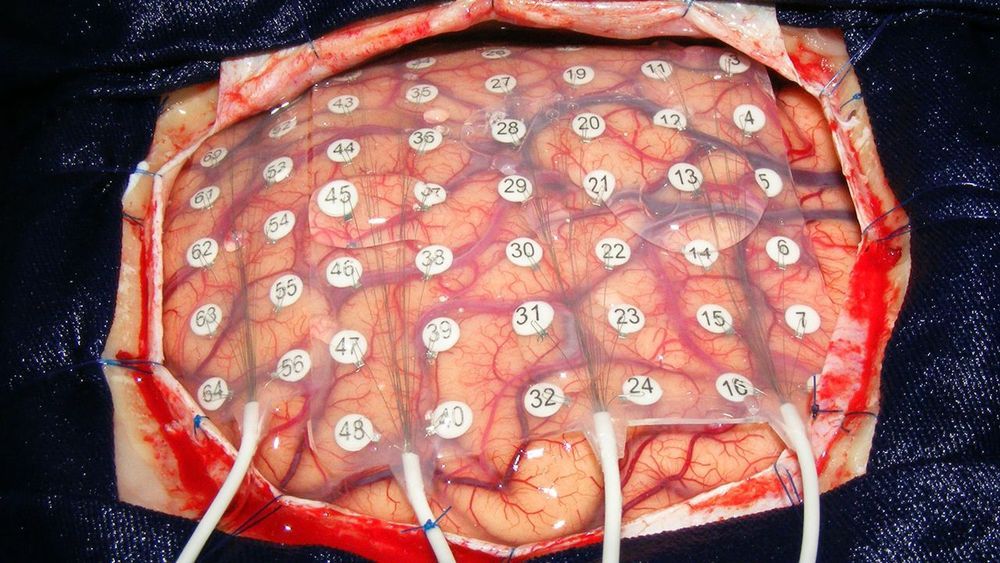Jan 5, 2020
The Other MEDUSA: A Microwave Sound Weapon
Posted by Brent Ellman in categories: business, energy, military
MEDUSA appears to be a popular name for directed energy weapons. There’s the MEDUSA I wrote about yesterday, a high-energy beam weapon one company hopes could destroy tanks and planes. And then there’s another MEDUSA, a nonlethal microwave weapon that was briefly funded by the Navy that uses “silent audio” (the auditory effect from microwaves). In other words, it makes you hear things in your head:
The main goal of the Phase I project wad to design and build a breadboard prototype of a temporary personnel incapacitation system called MEDUSA (Mob Excess Deterrent Using Silent Audio). This non-lethal weapon is based on the well established microwave auditory effect (MAE). MAE results in a strong sound sensation in the human head when it is irradiated with specifically selected microwave pulses of low energy. Through the combination of pulse parameters and pulse power, it is possible to raise the auditory sensation to the “discomfort” level, deterring personnel from entering a protected perimeter or, if necessary, temporarily incapacitating particular individuals. *
The idea of the “Voice of God” weapon (a weapon that makes you hear voices in your head) has been around for a while, and this small business contract was but one one modest, and likely unrelated, offshoot of other microwave-auditory effect research. The company stated at the end of “phase one” of this research: “An operating frequency was chosen — Hardware requirements were established (commercial magnetron, high-voltage pulse former) — Hardware was designed and built — Power measurements were taken and the required pulse parameters confirmed — Experimental evidence of MAE was observed.”



















